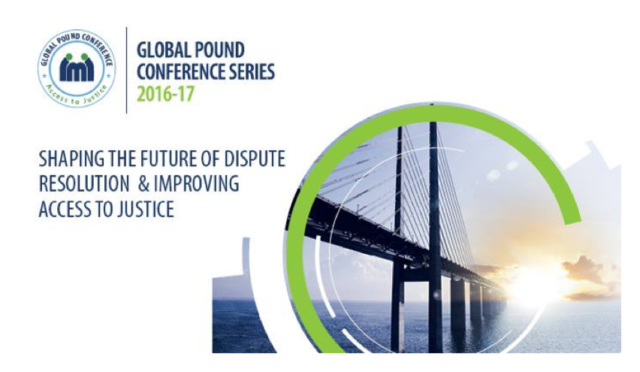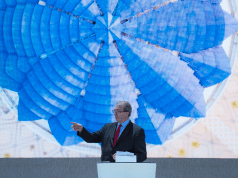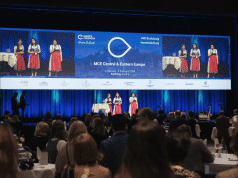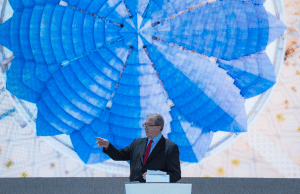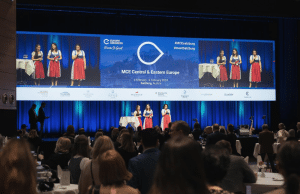Over a year ago, Kenes Group, a leading Professional Conference Organizer (PCO) and Association Management Company (AMC), entered into partnership with the International Mediation Institute (IMI) for the coordination of the international IMI-hosted events entitled Global Pound Conference (GPC) Series 2016-17.
Now, after seven successful GPC events in Singapore, Lagos, Mexico City, New York Geneva, Toronto, and Madrid, the event series has made a statement in the mediation and arbitration world. Engaging the community across the globe in a new and relevant way to each stakeholder, it has already started to reshape the world of mediation across borders. How do these events make a difference – they are structured around conversation and data.
The goal of the GPC series is clear – to improve access to justice and the quality of dispute resolution around the world through a number of connected events across the globe. But how can one hold events in different regions and cultures, and actually achieve this goal? Many would first imagine the usual structure of an event – gathering as many people as possible in a room and inviting the same top-notch speakers, who would just give a presentation to the audience with very little feedback. When the International Mediation Institute partnered with Kenes, the event series focused on how they can become a vehicle to growth for each country, region, and each stakeholder in attendance. The winning formula came with only two ingredients – limit the events in size so that the conversation will drive the events, and gather all the data from each event in order to transfer knowledge and best practices globally.
The results – simply outstanding. Each GPC event gathers representatives of users of alternative dispute resolution (ADR) i.e. companies and individuals, advisers to those users (lawyers and law firms), providers of adjudicative or non-adjudicative services (ADR organizations and solo practitioners), and other ‘influencers’ (including government institutions, academics, and other experts). All these people participate, not just attend the event. They respond to “core questions” that all delegates of the GPC series answer, as well as some other more local and specific questions. These responses are made available to the participants in real time to deliberate and then engage in a panel discussion with representatives of each stakeholder. The aggregated results will yield robust data reflecting on regional as well as global insights into how the two compare and which are the areas to develop in the future.
The original hope of the organizers was to hold approximately 15 meetings in various countries. Since then, interest in the GPC Series has grown tremendously, with over 40 events being organized in over 31 countries. This is an important milestone also for Kenes, as this is a prime example of Kenes’ unique ability to initiate, develop, and fundamentally build a meeting from the ground up, translating it into a viable conference brand. Kenes assisted in detailing a strategic plan, creating an event model that is logistically duplicable across the globe, and mostly guiding all the local organizing committees with the event execution. With the trend of international and global events moving to more locally relevant events, the GPC Series clearly shows how to make a bridge between the two – keep the regional or local relevance, while benchmarking and raising the conversation globally.


